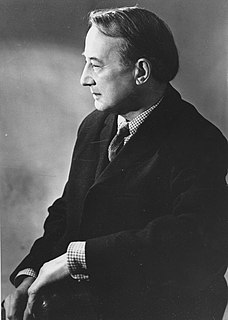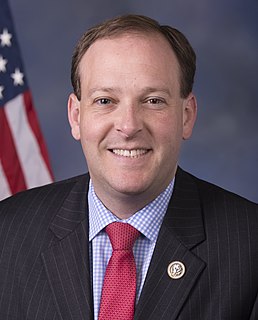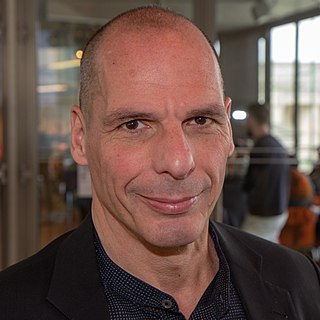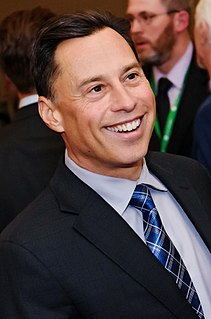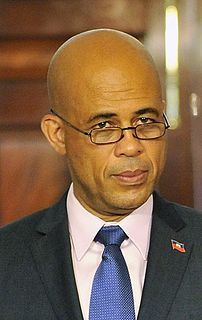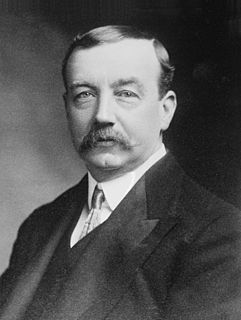A Quote by Oliver DeMille
Will we follow the course of societies past that have lost their way and crumbled under the devastating forces of economic upheaval, war and other crises? Or we pull together as families and communities to create a brighter future?
Related Quotes
Politics I take to be the activity of attending to the general arrangements of a set of people whom chance or choice have brought together. In this sense, families, clubs, and learned societies have their 'politics'. But the communities in which this manner of activities is pre-eminent are the hereditary co-operative groups, many of them of ancient lineage, all of them aware of a past, a present and a future, which we call states.
The United States of course wants to follow the highest standards of conduct with regard to enemy combatants who follow the rules of war. It should and does follow the Geneva Conventions scrupulously when fighting the armed forces of other nations that have signed the Geneva Conventions or follow their principles.
Regular crises perpetuate the past by reinvigorating cycles which started long ago. In contrast, (capital-C) Crises are the past's death knell. They function like laboratories in which the future is incubated. They have given us agriculture and the industrial revolution, technology and the labour contract, killer germs and antibiotics. Once they strike, the past ceases to be a reliable predictor of the future and a brave new world is born.
In the immediate postwar era, financial crises in advanced countries were rare events, and before 1970 did not happen at all. Since then they have occurred more often, and 2008 was the most damaging of them all to date. If we have moved back to a regime of regular financial crises - like the one we had from the 1870s to the 1930s - then our economic future will be very different from our recent past.
Investing in women at home and abroad strengthens families, uplifts our children, improves health, makes communities and countries more peaceful, and brightens our collective future. Where women have equality, security, and the opportunity to live, work, and prosper, their families and societies are better off.
We know that expanded access to natural gas is important to families and businesses in communities across Ontario. That's why our government is developing new natural gas programs to improve access, which will generate economic activity, attract significant investment, create jobs, and break down barriers in our communities
The seven principles of Kwanzaa - unity, self-determinat ion, collective work and responsibility, cooperative economics, purpose, creativity and faith -- teach us that when we come together to strengthen our families and communities and honor the lesson of the past, we can face the future with joy and optimism.
My own view - and I'm very open to hearing other perspectives - is that this movement-building needs to begin at home, in local communities. It isn't about trying to launch a brand new national party overnight. It's about people in communities coming together across lines of difference, bringing with them their movements, their families, and coming together and saying, "How can we together build a movement of movements here at home? What would that look like? What do we want to do right here in our communities?"

